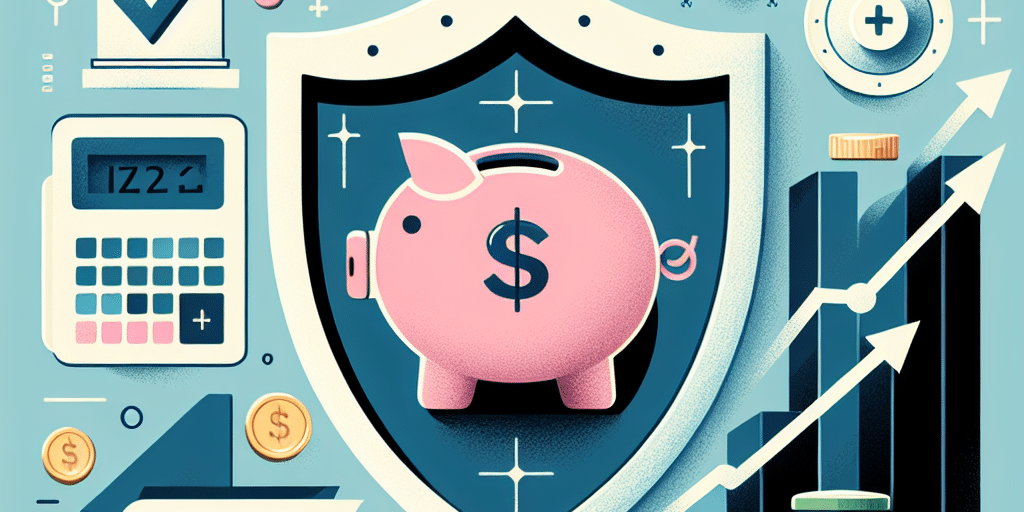Title: How to Protect Yourself from Personal Economic Crises
Introduction
In an increasingly unpredictable global economy, understanding how to protect yourself from personal economic crises has never been more crucial. Whether triggered by job loss, unexpected expenses, or broader economic downturns, personal financial crises can have a lasting impact on your financial health. However, by implementing some strategic planning and maintaining disciplined financial habits, you can build a resilient financial foundation to weather any storm.
- Create a Comprehensive Budget
The first step towards safeguarding yourself against economic crises is developing and adhering to a detailed budget. A well-structured budget allows you to track your income and expenses, identify areas where you can cut back, and ensure that your spending aligns with your financial goals. Regularly revisiting and adjusting your budget is crucial to account for any changes in your financial situation.
- Build an Emergency Fund
One of the most impactful moves to protect your finances is to build an emergency fund. Financial experts typically recommend having three to six months’ worth of living expenses saved in an easily accessible account. This fund acts as a financial buffer during unexpected events such as medical emergencies, job losses, or major car repairs. Start small if necessary, but prioritize consistent contributions until you reach your goal.
- Diversify Your Income Streams
Relying on a single source of income can expose you to significant risk if that source is compromised. Diversifying your income streams can provide additional security. Consider part-time work, freelance opportunities, investing, or passive income streams such as rental properties or dividends from stocks. Multiple income sources can help you navigate economic downturns more smoothly.
- Invest in Skills and Education
Economic crises can often lead to job insecurity, making it essential to remain competitive in the workforce. Investing in your skills and education can increase your employability and open up new opportunities. Whether through online courses, certifications, or higher education, expanding your skillset can enhance job security and potentially lead to higher income potential.
- Manage Debt Wisely
Debt management is a critical aspect of financial resilience. High levels of debt can limit your ability to maneuver financially during a crisis. Focus on paying down high-interest debt, such as credit cards, and avoid accumulating new debt unless absolutely necessary. If you’re struggling with debt, consider speaking with a financial advisor to explore strategies for managing and reducing it effectively.
- Ensure Adequate Insurance Coverage
Insurance is a vital component of financial protection. Review your insurance policies regularly to ensure they meet your current needs. Health, auto, home, and life insurance can help protect your assets and provide peace of mind during challenging times. Consider additional coverage like disability insurance, which can offer financial support if you’re unable to work due to illness or injury.
- Regularly Review and Adjust Your Financial Plan
Financial goals and circumstances evolve over time, so it’s essential to review and adjust your financial plan regularly. Life changes like marriage, children, or a new job can impact your financial priorities. Take time at least annually to revisit your goals and strategies, and make necessary adjustments to stay on track.
Conclusion
Protecting yourself from personal economic crises requires planning, discipline, and adaptability. By creating a robust financial strategy encompassing budgeting, saving, diversifying income, and managing debt, you can build a resilient financial future. Remember, the key to financial security isn’t avoiding adversity altogether but equipping yourself with the tools to overcome it effectively.







